There is a distinctly green hue pervading the UK household cleaning, paper and laundry markets, as environmental concerns take hold of the public consciousness.
The major players are falling over themselves to demonstrate their green credentials, while smaller niche players are hoping their established credibility on environmental issues will see them through.
All the markets are big. Cleaning products are exceeding and washing powder and toilet paper touching the £1bn mark, according to Nielsen. Many sectors have reached saturation point, leaving suppliers and retailers to persuade consumers to trade up to premium lines and chase incremental sales in areas with more obvious growth potential, such as facial tissues, anti-bacterial sprays and laundry aids.
The figures in Nielsen's year-on-year value growth analysis across all the markets
[52 w/e 6 October 2007] are flattered somewhat by rising product costs and inflation.
Household cleaning products were up 6.2%, while laundry has crept up 2%, with growth coming from liquids and measured dose formats. The household paper sector has also grown, helped by portable tissue formats and luxury lines such as Andrex Quilted.
While demand for convenience, premium, quality and performance are key to all these markets, environmental concerns are top of most NPD agendas. "Environmentally friendly products are definitely moving into the mainstream," says Claire Berry, marketing director for household cleaning and laundry manufacturer Acdoco. "'Natural' is the buzzword for today's consumer. Shoppers perceive products that contain natural ingredients and formulations as being gentler to the environment; as such there has been a huge increase in new eco-friendly products throughout the past year."
According to IGD Consumer Unit's Ethical Consumerism report in 2006, more than 32% of people felt it was important to try to make a difference, while a BBC survey last February found 74% of consumers were concerned about environmental issues.
That consumers take the issues seriously is supported by Asda's reports of soaring sales of clothes pegs and washing lines for the first time in 50 years, while the government has increased regulations controlling the make-up of detergents.
But what about the manufacturers? They, for the foreseeable future, will be ruled by a mixture of consumer demand for eco-products and a larger regulatory fist.
Indeed, the process of developing and bringing new products to market is set to become more complex, not to mention more expensive. Suppliers are expecting to have to jump through even more environmental and safety hoops.
Phil Thomas, marketing director of Reckitt Benckiser, singles out Reach - a new European Community regulation that came into force last June and will be phased in over the next 11 years. Under it manufacturers and importers will have to gather information and safe usage guidelines about their chemical substances. Alongside that lies the Detergents Directive, which tightens the testing requirements on biodegradability for surfactants in detergents and requires more exhaustive information on labels.
The Carbon Trust, Defra and BSI British Standards have also joined forces to develop a standard method for measuring greenhouse gas emissions generated by food and drink production with a view to launching a standardised low-carbon label. Certainly, most of this year's new products and initiatives have been green-tinted.
"We are taking another positive step towards reducing carbon emissions with the launch of Andrex Longer Lasting," says Troy Warfield, Kimberly-Clark general manager, UK and Ireland. "By offering 50% more toilet tissue per roll in a more space-efficient way, we are helping to reduce the number of truck deliveries made to retailers."
Kimberly-Clark now uses 100% recycled cartons and wood from certified suppliers; and like many others, its packs now carry accreditation by the Forest Stewardship
Council.
It is a similar story elsewhere. Procter & Gamble's Future Friendly scheme has involved activity across most of its brands, including introducing concentrated versions of laundry products that use 70% less packaging and reduce fuel usage in transportation, and encouraging consumers to use Flash floor cleaner with cold rather than hot water. However, Belgian ecological cleaning products business, Ecover, which pioneered the green market here, has reservations about whether the multinationals' interest in the environment will undermine the credentials of green 'originals'.
The company is keen to see tougher, rather than more lenient, accreditation standards, and has already taken a stand against using the European Commission's eco-label. Their reason? It allows phosphates and has no scope for encouraging brands to further improve environmental standards.
Ecover can see room for expansion. Leading supermarkets carry the range, but not in every store, while the company is looking to expand listings to include convenience chains and cash & carries.
Nevertheless, Ecover's success to date has certainly encouraged other companies to update their offerings. Biocare, for example, has overhauled its pack designs and formulas. It has also reduced price tags to appeal to a wider range of consumers.
Californian brand Method, already ranked as the US's largest eco-friendly cleaning brand, aims to broaden the appeal of environmentally friendly products from those willing to tradeoff performance and aesthetics in exchange for environmental and health concerns to those who are motivated by health and wellbeing or who don't want to sacrifice efficacy or style.
First and foremost, consumers will want products to work. Manufacturers need to ensure this isn't lost in the green hue.n




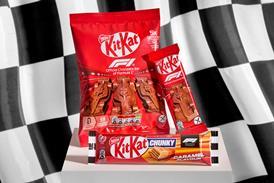


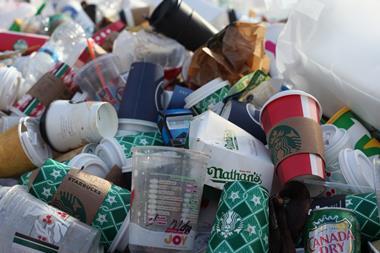
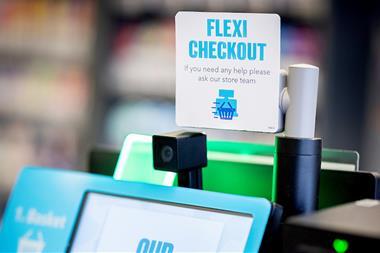

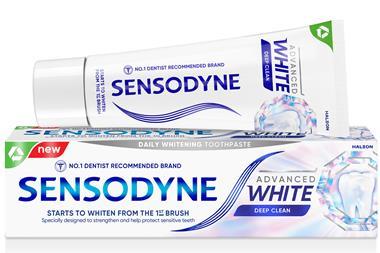
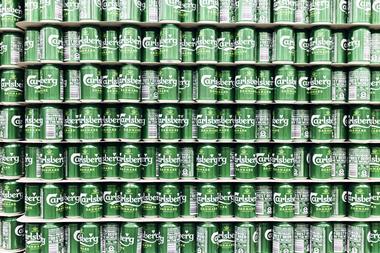
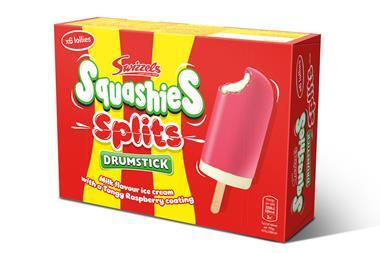
No comments yet